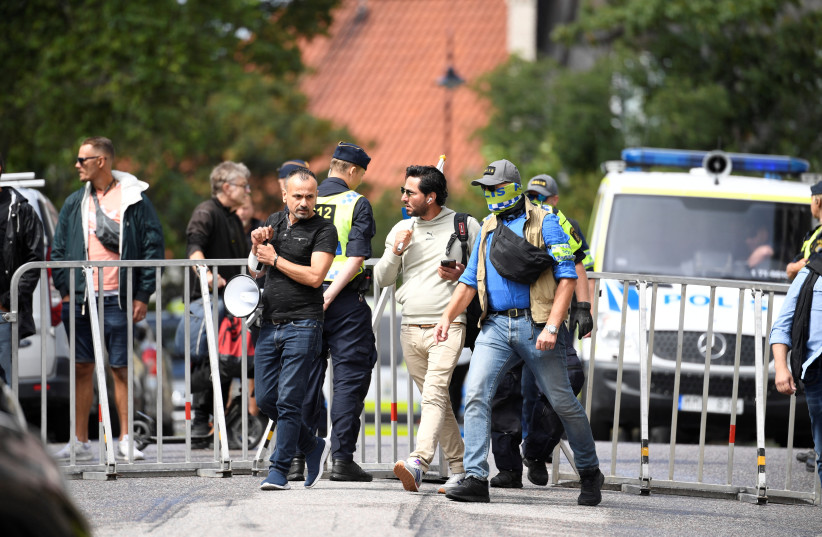Germany has detained two suspected Islamic State (ISIS) members for allegedly planning an attack on the Swedish parliament, the federal prosecutor's office said on Tuesday.
Two Afghan nationals identified as Ibrahim MG and Ramin N were detained in the eastern German city of Gera on suspicion of plotting an attack in retaliation for Quran burnings in Sweden, the prosecutor's office said in a statement.
Germany’s Federal Minister of the Interior Nancy Faeser said in a statement on Tuesday that one of the detained individuals is believed to be a member of ISIS, while the other is believed to be a supporter of the group.
According to the prosecutors, the suspects joined Islamic State Khorasan Province, a branch of the terrorist Islamist group, in 2023 and had collected donations of around 2,000 euros ($2,170.00) for the organization.
The pair are anticipated to appear before a Federal Court of Justice on Wednesday, CNN reported.

A recent investigation by the Wall Street Journal found that Europe had increasingly become a target for attacks orchestrated by Iran and proxy groups such as Hamas and Hezbollah.
Quran burnings in Sweden
Salwan Momika, a refugee from Iraq who has been publicly critical of Islam, has repeatedly filmed himself burning the Islamic religious text as an act of protest.
Momika claimed on X last month that Sweden had withdrawn his political asylum status and that he would be returned to Iraq, where he faced torture and execution. He stated that his protests were carried out within Swedish law and with the consent and knowledge of Swedish authorities.
In August, Sweden raised its terrorism alert to the second-highest level and warned of an increase in threats against Swedes at home and abroad after Quran burnings outraged Muslims and triggered threats from jihadists.
The police denied several applications earlier this year for protests that were set to include burning the Quran, citing security concerns, but courts have since overturned the police's decisions, saying such acts are protected by Sweden's far-reaching freedom of speech laws.
